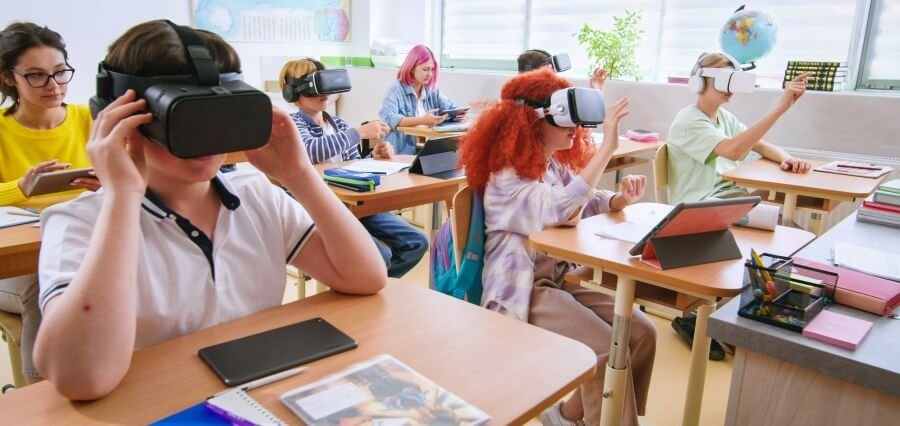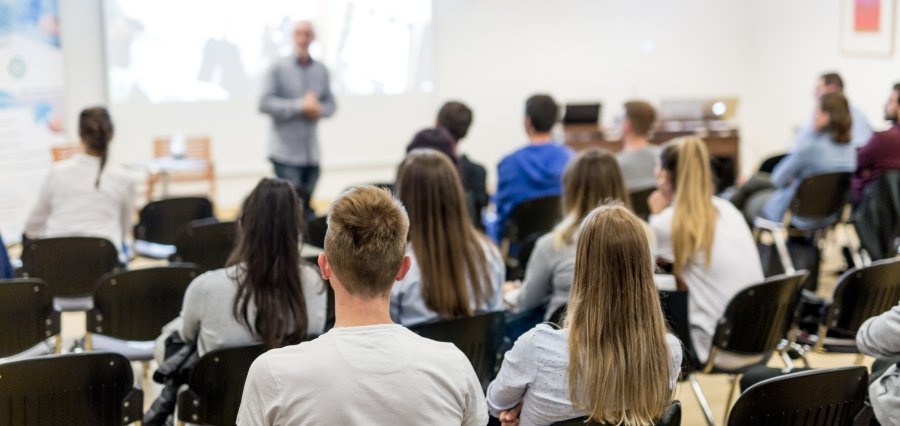From Santiago to São Paulo
Over the last several years, there has been a paradigm shift in education across Latin America beyond rote memorization to the development of global skills. In the capital of Chile or the economic center of Brazil, more schools are integrating Future‑ready education into Latin American values to ensure students are ready to thrive in a connected and rapidly evolving world.
In January 2024, at the Santiago Education Ministerial, 30 country education leaders, representing Chile and Brazil, agreed on the ‘Declaration of Santiago’, focusing on digital transformation, socio-emotional support, and inclusion as the prime future-ready education aspirations in Latin America. The push of this top-down approach has been highlighted in a larger regional agreement that education systems are required to shift to addressing the challenges of the global realm.
How is the concept of future-ready education taking shape in Latin America?
Chile: Engineering Tomorrow with Hands‑On Learning
Locally, flagship programs such as the program Ingeniería 2030 or Clover 2030, are revolutionizing the university pipeline with student-friendly flexible curricular in leading engineering schools in Santiago. Such programs are closely connected to the Future-ready education in Latin America, focusing on interdisciplinarity, real-world problem-solving and collaborations with external agencies like MIT and UC Berkeley.
In the meantime, live-learning pilot projects conducted in Chilean state-funded universities indicate that allowing students to assume agency in their learning, particularly in STEM fields, helps them perform significantly better than in a conventional lecture format. The Future-ready education in Latin America creates the engineer of tomorrow by enabling independence and exploration.
Colombia’s Escuela Nueva: Peer-Centered Learning for Equity
With roots in Colombia during the 1970s, Escuela Nueva has served as an exemplar of Future-ready teaching and learning in Latin America, particularly in rural settings. Learners learn by themselves in multi-grade teams, engage in work, and even assist each other, which resembles future working relations. UNESCO has commended it for doing better in comparison to other urban schools having the same profile as well as fostering communication, empathy and strength.
It is a direct reaction to the Santiago Declaration, which connects inclusive, socio-emotionally nourishing environments, which are central tenets of Future-ready education in Latin America.
Brazil: Tech, Socio‑Emotional Learning & University Labs
In Latin America, Future‑ready learning can be seen in the remarkable classroom at São Paulo and one of the labs within its higher education. Today the Colgijo Bandeirantes has a university advisory team, which assists students in high schools throughout Brazil to enter Harvard, Stanford, and other top colleges.
On university level, the University of São Paulo’s “School of the future” incorporates emerging communication technologies and pedagogy- empowering creativity, digital fluency and teaching based on evidence-based methods. The low-cost robotics experiments in Brazilian physics lessons also place greater emphasis on students to be in problem-tackling and engineering mindsets. A combination of these demonstrates how future-ready education in Latin America mixes technical dexterity, innovation and practicality.
Regional & Cross‑Sector Initiatives: Scaling the Vision
Beyond national borders, Future‑ready education in Latin America is being scaled up through civil society programs. Laboratoria is a Colombian-based non-profit established in Peru, offering women across the entire region bootcamp services in coding, UX design, and life skills. Its placements are quite impressive, with a rate of 79% of graduates securing jobs. The initiative represents the digital, inclusive, and career-oriented future-oriented education.
At the same time, the Citigroup-sponsored Nancy Pelosi called the Creando Tu Futuro project encompassing Argentina, Colombia, Mexico, and Peru, offering coursework in literacy, technology, and employability to more than 24,000 under-served young people. All of the strategies resonate with the vision of Future-ready education in Latin America where hard and soft skills make a genuine difference.
Digital Equity & Teacher Training: A Regional Imperative
Even with the high impetus, the levels are still wide in certain areas- particularly the internet access and teacher preparedness. The pandemic revealed that there are severe digital inequalities in Colombia, Mexico, and Argentina. Future-ready education in Latin America needs to have a quality connection, access to affordable devices, and high-level cybersecurity to be rolled out effectively.
Teacher training is also essential. In central concern, UNESCO and the Santiago Declaration are within the development of educators’ adaptive, digital-pedagogy skills. Professional Growth Countries are now making investments in professional growth to ensure that teachers create technology-powered classrooms.
End note
In Latin American schools, future-ready education is gaining popularity, which is a combination of digital skills, socio-emotional development, equity, and global citizenship. Colombian, Chilean, and Brazilian innovations coupled with regional programs and policy backing are also changing learning. In theory, the days ahead are scaling infrastructure to make all students ready to face a global borderless future.









